Verizon vs AT&T: plan prices, phones, and network coverage

Choosing the right mobile plan can feel like trying to pick the perfect ice cream flavor – so many options, while everyone's taste is different! That's why we're going to take a close look at two big players in the U.S. wireless game: Verizon and AT&T. We'll compare what they offer, how their "unlimited" plans really stack up, and what that means for you – whether you stream, game, travel, or just want to stay connected without surprises.
Verizon vs AT&T Pros and Cons
Verizon
Pros:
- The most robust network with the widest rural coverage
- Offers 5G Ultra Wideband on higher-tier plans for faster speeds
- Generous hotspot data
- Rich collection of phone choices
- Paid streaming services
Cons:
- Generally more expensive
- Some premium features are limited to higher-priced tiers
- 5G Ultra Wideband performance depends heavily on location
AT&T
Pros:
- Multiple unlimited plan tiers so you can pick a simpler, cheaper option or pay for extras
- Generous hotspot data allotment
- Limited phone roster
- Attractive promotions
Cons:
- AT&T may temporarily slow (throttle) data speeds during busy times on some plans
- Coverage quality versus Verizon can vary by ZIP code – in some areas Verizon or T-Mobile may be better.
- Like Verizon, actual 5G speed/experience depends on location
Pricing and Plans Comparison
- Cheapest 5G plan on Verizon: Unlimited Welcome plan, priced from $30 per line for four lines, throttling any time
- Cheapest 5G plan on AT&T: $35/month per line for 4 lines, throttling any time
AT&T's cheapest Unlimited plan is the AT&T Unlimited Starter SL plan, which costs $35 per month if you get 4 lines. If you get just one line, both Verizon's and AT&T's cheapest plans are not that cheap.
Verizon vs АТ&T Unlimited 5G premium plan prices
| Verizon Unlimited Ultimate | AT&T Unlimited Premium | |
|---|---|---|
| 1 line | $90 | $85 |
| 2 lines | $160 | $151 |
| 3 lines | $195 | $180 |
| 4 lines | $220 | $200 |
| Throttling | No | No |
| Freebies | Disney+, Hulu, and ESPN+ for $10/mo. Netflix & Max for $10/mo International talk, text & 10GB data in 210+ countries Both new and existing customers eligible to receive the best current in-market smartphone offer with trade-in. Up to $540 BYID promo credit Unlimited talk and text Unlimited premium data | 60GB high-speed mobile hotspot data Unlimited talk and text Unlimited premium data Free unlimited high-speed roaming in Canada and Mexico Free roaming in 19 Latin American countries, $10/day elsewhere Unlimited texting from the U.S. to 200+ countries AT&T ActiveArmor security app |
| Video streaming | 1080p | 4K |
| Hotspot (per line) | 60GB | 60GB |
Coverage Comparison between Verizon and AT&T
When comparing the coverage offered by Verizon and AT&T based on their online maps, both carriers show very strong footprints across the U.S., but with slightly different emphasis. Verizon's map emphasizes that its 4G LTE network covers "more than 99% of the U.S. population" and highlights its 5G technologies – including 5G and 5G Ultra Wideband – as growing features.
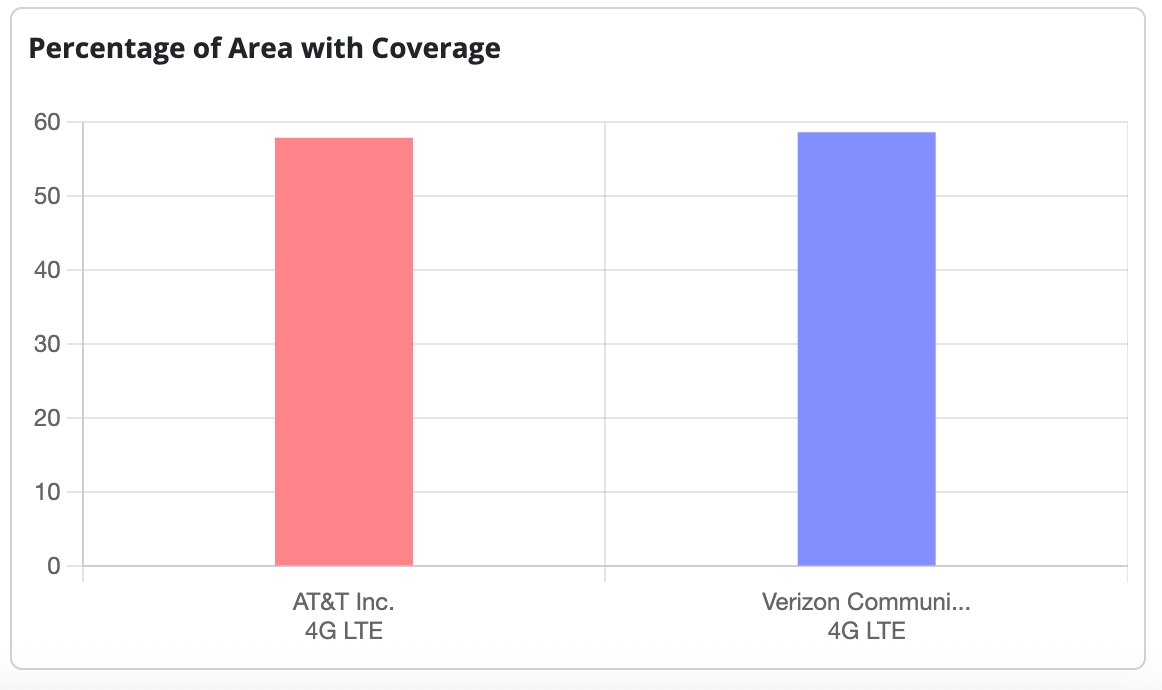
4G coverage. | Image Credit - FCC
AT&T's map likewise shows broad outdoor coverage for voice and data, and emphasises that the information is approximate and subject to change.
In practical terms, this means that for most users in urban and suburban areas you'll likely find solid coverage with either carrier; where differences kick in is in more remote or specific local areas.
If you frequently travel through rural areas or want more assurance of service across a wide territory, Verizon may have a slight edge; if you mostly stay in well-populated or suburban zones and want a dependable general network, AT&T appears to offer an equivalent baseline.
Network Performance
AT&T may lead when it comes to 4G LTE and 5G coverage, but the story shifts when we look at AT&T vs Verizon in terms of download speeds and overall reliability. Verizon's 5G network includes ultra-fast mmWave technology, giving it a noticeable edge in speed performance compared to AT&T.
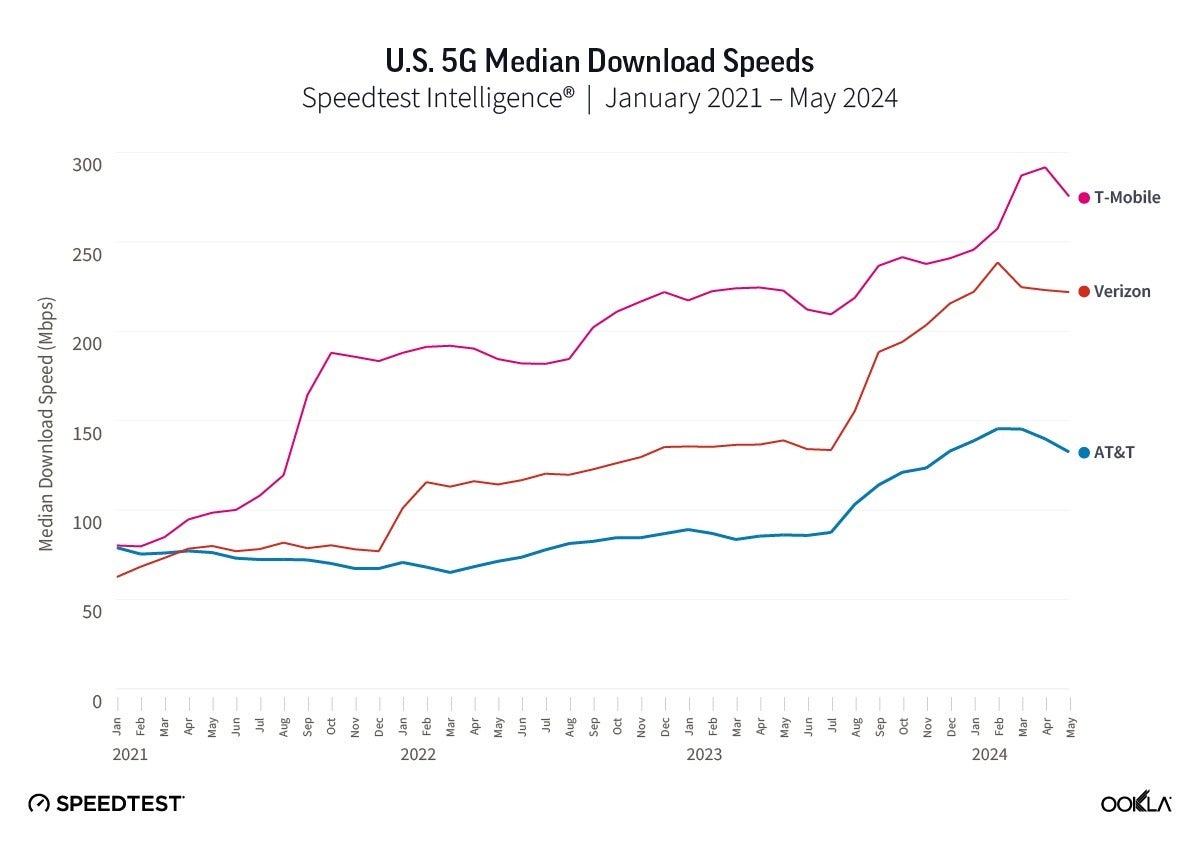
AT&T vs Verizon vs T-Mobile 5G network speeds | Image credit – Ookla
The situation with the wider 4G LTE network is the same as Verizon is an overall network reliability and speeds champion here, but both carriers will provide you with robust signal in most of the US, so it really depends on where you live and travel the most.
Phone Selection
- Verizon: 137
- AT&T: 45
Both Verizon and AT&T offer a strong lineup of smartphones from the biggest names in the industry, but Verizon currently leads in overall variety. On Verizon's online store, there are about 137 smartphones listed, spanning flagship models like the iPhone 17 Pro, Galaxy S25 Ultra, and Pixel 9 Pro XL, as well as more affordable devices such as Samsung’s Galaxy A16 5G and Motorola's Moto G Power.
Verizon's catalog includes multiple generations of phones, so users can pick between cutting-edge models or slightly older versions at lower prices. The carrier also features brands that go beyond the usual Apple, Samsung, and Google trio, including Kyocera and NUU, giving customers more choice across price ranges and device types.
AT&T's online catalog, meanwhile, shows around 45 smartphones available through its main "Buy Phones" page. The lineup focuses mainly on premium and mid-range devices from Apple, Samsung, Google, and Motorola, covering the most popular options that users tend to look for.
While AT&T's selection is smaller than Verizon’s, it's more streamlined and easier to navigate, with a clear emphasis on the latest flagship releases and current promotions tied to trade-in deals and unlimited plans.
In short, Verizon's advantage lies in sheer variety and depth of models, while AT&T's strength is in offering a curated, simplified selection centered on today's most sought-after phones.
Both carriers give customers access to the latest 5G devices, but Verizon's broader catalog makes it a better fit for those who value choice, whereas AT&T's tighter lineup appeals to anyone who prefers a more focused and straightforward shopping experience.
Verizon's catalog includes multiple generations of phones, so users can pick between cutting-edge models or slightly older versions at lower prices. The carrier also features brands that go beyond the usual Apple, Samsung, and Google trio, including Kyocera and NUU, giving customers more choice across price ranges and device types.
While AT&T's selection is smaller than Verizon’s, it's more streamlined and easier to navigate, with a clear emphasis on the latest flagship releases and current promotions tied to trade-in deals and unlimited plans.
In short, Verizon's advantage lies in sheer variety and depth of models, while AT&T's strength is in offering a curated, simplified selection centered on today's most sought-after phones.
Both carriers give customers access to the latest 5G devices, but Verizon's broader catalog makes it a better fit for those who value choice, whereas AT&T's tighter lineup appeals to anyone who prefers a more focused and straightforward shopping experience.
Best Verizon phones to buy in 2024: With contract and prepaid
AT&T vs. Verizon: Who Has Better Features and Perks
AT&T's unlimited plans focus on predictable, built-in benefits like unlimited talk/text/data between the U.S., Canada and Mexico and simpler trade-in or bundling deals with AT&T Internet, but many of the older wireless plans that once included Max/HBO subscriptions have been changed or wound down, so streaming perks are less consistent than they used to be.
Customer service
According to the J.D. Power 2024 U.S. enterprise internet study, big businesses prefer AT&T for their internet service, while small businesses prefer Verizon. When it comes to retail wireless customer service, however, Verizon is ahead of AT&T.
In the past, wireless providers often experienced lower customer satisfaction when promotional periods ended, leading to higher service costs. However, we are now seeing many wireless brands addressing this issue, with a particular focus on managing costs and improving the overall customer experience
Carl Lepper, senior director of technology, media and telecom at J.D. Power
The Verizon Wireless business customer service also ranks second with 739 points, only after T-Mobile, and is highest in the medium business segment, while big enterprises apparently still prefer AT&T.
Verizon or AT&T: Which Carrier Should You Choose?
At the end of the day, even though AT&T ranks third in total U.S. subscribers, it remains a strong contender – especially for those wanting reliable service and solid 5G coverage without stretching their monthly budget with higher costs.
Follow us on Google News



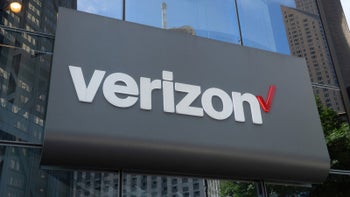

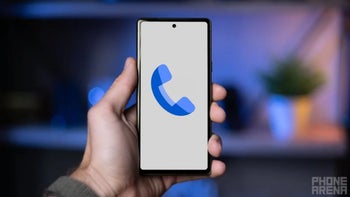
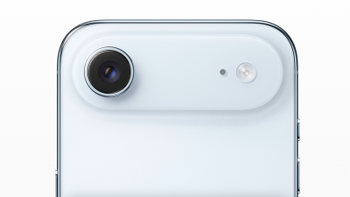
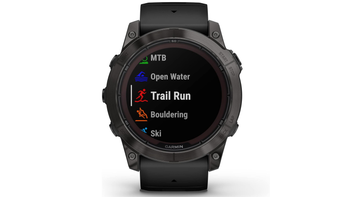
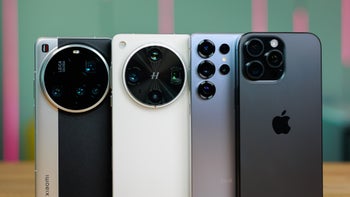
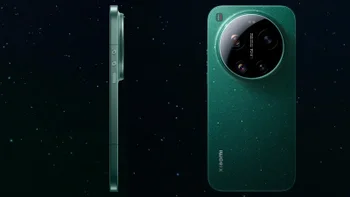
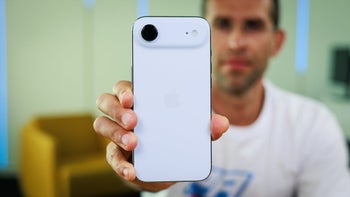
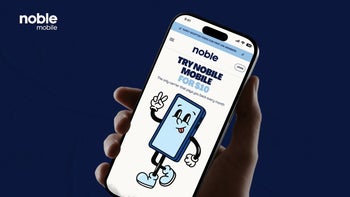
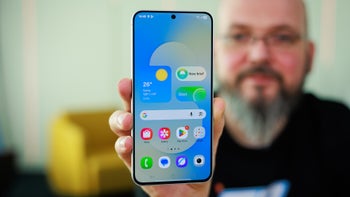
Things that are NOT allowed:
To help keep our community safe and free from spam, we apply temporary limits to newly created accounts: